VYVGART
VYVGART is a neonatal Fc receptor blocker indicated for the treatment of generalized myasthenia gravis (gMG) in adult patients who are anti-acetylcholine receptor (AChR) antibody positive.
Administration and Dosage:
Evaluate the need to administer age-appropriate vaccines according to immunization guidelines before initiation of a new treatment cycle with VYVGART.
- The recommended dosage is 10 mg/kg administered as an intravenous infusion over one hour once weekly for 4 weeks. In patients weighing 120 kg or more, the recommended dose is 1200 mg per infusion.
- Administer subsequent treatment cycles based on clinical evaluation; the safety of initiating subsequent cycles sooner than 50 days from the start of the previous treatment cycle has not been established.
- Must be diluted with 0.9% Sodium Chloride Injection, USP prior to administration.
- Administer as an intravenous infusion over one hour via a 0.2 micron in-line filter.
Contradictions:
None.
Dossage forms and Strengths:
Injection: 400 mg in 20 mL (20 mg/mL) single-dose vial.
More Information:
Please read the full Prescribing Information for Vyvgart and discuss any questions you have with your doctor.
Infections:
VYVGART may increase the risk of infection. The most common infections observed in Study 1 were urinary tract infection (10% of VYVGART-treated patients compared to 5% of placebo-treated patients) and respiratory tract infections (33% of VYVGART-treated patients compared to 29% of placebo-treated patients) [see Adverse Reactions (6.1) and Clinical Studies (14)]. A higher frequency of patients who received VYVGART compared to placebo were observed to have below normal levels for white blood cell counts (12% versus 5%, respectively), lymphocyte counts (28% versus 19%, respectively), and neutrophil counts (13% versus 6%, respectively). The majority of infections and hematologic abnormalities were mild to moderate in severity. Delay VYVGART administration in patients with an active infection until the infection is resolved. During treatment with VYVGART, monitor for clinical signs and symptoms of infections. If serious infection occurs, administer appropriate treatment and consider withholding VYVGART until the infection has resolved.
Immunization:
Immunization with vaccines during VYVGART treatment has not been studied. The safety of immunization with live or live-attenuated vaccines and the response to immunization with any vaccine are unknown. Because VYVGART causes a reduction in IgG levels, vaccination with live-attenuated or live vaccines is not recommended during treatment with VYVGART. Evaluate the need to administer age-appropriate vaccines according to immunization guidelines before initiation of a new treatment cycle with VYVGART.
HAVE QUESTIONS?


